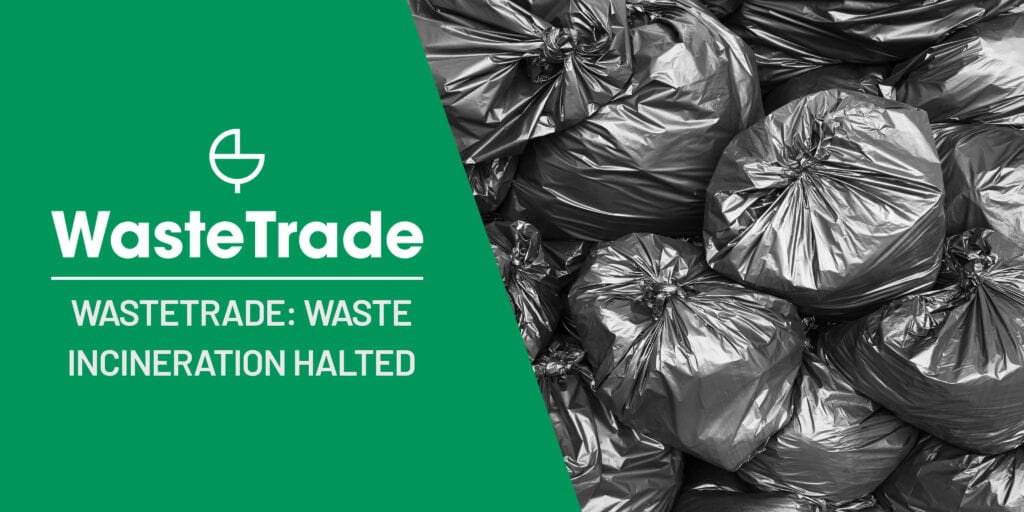Apr 17, 2024
UK Gov Freezes Waste Incineration Permits

In a move that has sparked widespread debate across the environmental and waste management sectors, the UK’s Department for Environment, Food & Rural Affairs (Defra) has announced a temporary suspension of environmental permits for new waste incineration facilities in England. This directive, aiming to reassess the nation’s approach to waste management, has ignited discussions on sustainability, recycling, and the future of waste processing.
Halting Waste Incineration Permits
The decision to halt permits for waste incineration projects, including Energy from Waste (EfW) and Advanced Thermal Treatment plants, comes amid growing concerns over the environmental impact of these facilities. Sir Mark Spencer MP, the Minister responsible for waste incineration, cited the necessity of this pause to evaluate how incineration technology aligns with England’s broader environmental goals and waste management strategies. However, it’s important to note that this pause does not apply to facilities dealing with hazardous or clinical waste, nor does it affect small waste incineration plants or significant permit variations for incinerators developing carbon capture and storage technologies.
Health and Environmental Concerns
At the heart of Defra’s decision is a complex web of environmental, health, and strategic concerns. Critics of waste incineration point to potential air quality impacts, carbon emissions, and the diversion of waste from more sustainable management methods like recycling. The government’s move reflects a broader re-evaluation of the role that incineration should play in the nation’s waste management framework, considering the potential risks to achieving environmental objectives.
Waste and Recycling Industry Responses
The response from the waste management industry has been swift and critical, with figures such as Jacob Hayler of the Environmental Services Association (ESA) questioning the decision’s rationale and its potential impact on business confidence in the UK. The industry defends EfW facilities as essential for managing non-recyclable waste, arguing that the pause could be seen as an unwelcome form of political theatre rather than a step towards sustainable waste management.
Evaluating Waste Management Options
This temporary suspension brings to light the broader debate over the UK’s waste management practices. It raises questions about the balance between incineration and recycling, especially concerning the sustainability of each method and their impacts on the environment. As England grapples with increasing waste volumes, the push for a more significant emphasis on recycling and waste reduction strategies becomes even more crucial.
WasteTrade Perspective
WasteTrade, an innovative platform connecting waste producers, recyclers, and manufacturers, offers a perspective rooted in pro-recycling and environmental advocacy. Championing a shift towards recycling, WasteTrade argues for long-term strategy that pushes for the development of a fully circular economy that prioritises reusing and repurposing materials over incineration. This stance highlights the importance of sustainable waste management practices that align with environmental protection and resource conservation.
The Path Forward
The UK’s pause on new waste incineration permits presents an opportunity to reassess and potentially recalibrate the country’s approach to waste management. It sparks a vital conversation on how best to balance the needs of waste disposal with the imperative of environmental stewardship. As the debate continues, it becomes clear that collaboration and innovation will be key to forging a sustainable path forward, one where recycling and waste reduction are at the forefront of the UK’s environmental agenda.





